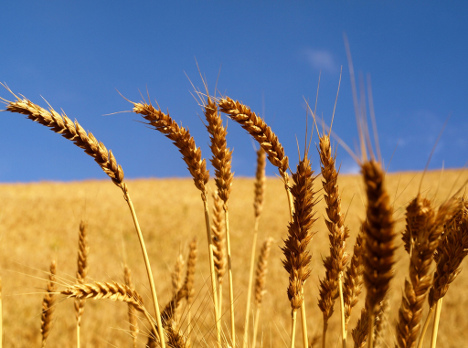
GOVERNMENT and non-governmental organisations have scaled up their efforts to promote production of small grains to stave off hunger with over 470 communal farmers successfully completing a two-year long master farmers’ training in small grains.
BY JAIROS SAUNYAMA
The farmers, who included 156 youths, received their certificates at a colourful ceremony held at Nhakiwa business centre in Uzumba at the weekend.
The training programme, which mainly focused on conservation agriculture and small-grain production, is part of concerted efforts to curb the effects of climate change as well as ensuring food security in the area.
Speaking at the graduation ceremony, Uzumba legislator Simbaneuta Mudarikwa (Zanu PF), who was the guest of honour, said farmers should revert to old ways of farming practices to mitigate challenges of drought prevailing in the area.
“Growing of small grains such as rapoko, pearl millet and sorghum is a practice that started before the whites (colonial regime) came into this country with their genetically modified organisms. Small grains have high nutrition levels due to their rich fibre content,” he said.
“As regards production, they are very easy to grow and do well in marginal regions 2B, 3 and 4. They are drought-tolerant and can yield better in areas of low rainfall where maize fails. The only way to hunger in this situation of climatic change is to go back to our ancestral ways where they grew the cereals in conjunction with other crops.”
The programme was organised by an Uzumba-based non-governmental organisation, Uzumba Orphan Care to benefit mainly vulnerable members of the community such as orphans and child-headed families.











